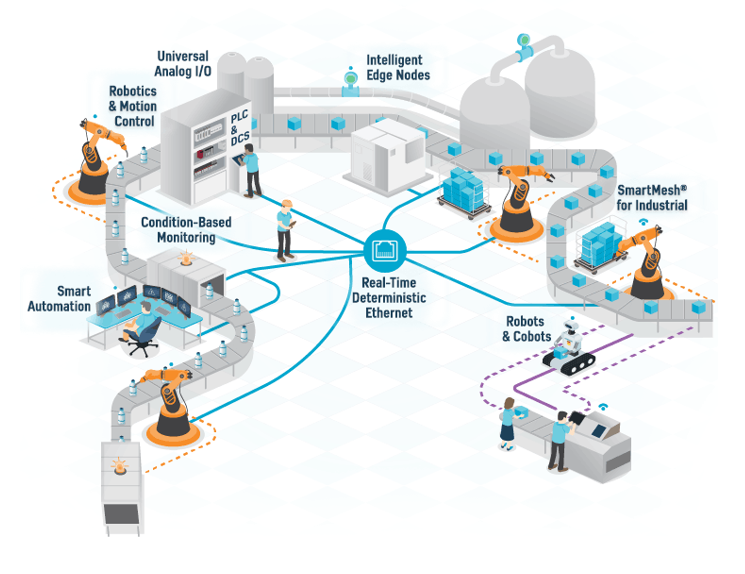The Financial Times recently ran an article looking at why, despite various initiatives over the last 20 years, the UK isn’t home to the same tech giants we’ve grown used to seeing develop across the Atlantic. Yes, there are a host of successful smaller technology-driven companies that started life in the UK but where are the Amazons, the Microsofts, the Apples, and so on?
There are a plethora of support programmes for early stage businesses – from incubators to accelerators to innovation labs and Government-driven catapults – but it is, in reality, a fragmented picture, with each programme offering different support, based on different commercial models and different KPIs.
As a result, many early-stage businesses find themselves shaping their business to tick the boxes required by the next tech support programme, rather than creating a commercial model that reflects the needs of their markets.
This commercial focus is crucial to success.
Yes a technology might sound great in theory but unless it can cope with real-world applications and solve real-world problems, it’s unlikely to fly. It’s only by focusing on solving commercial problems faced by businesses today that companies will develop real markets and future proof their business.
As we stand in at the start of the fourth industrial revolution, where 5G technologies will enable manufacturers to realise the benefits of smart connected manufacturing, how do the innovators, the dreamers, the people behind ‘the next big tech idea’ test their ideas and demonstrate their commercial worth before many of their customers even have the infrastructure in place to adopt their solutions?
The answer lies in building relationships not just between early-stage businesses and the tech business support providers but also between testbed programmes, such as nexGworx, and these support programmes.
With Testbed as a Service now a reality, it is easier than ever to allow tech entrepreneurs to access facilities and trial their ideas across the very networks their customers will be using, allowing them to identify potential issues at an earlier stage, de-bug their innovations before presenting them to customers and honing their design to meet real-world requirements.
Cohort members at BetaDen – Worcestershire’s commercial technology accelerator – are some of the only tech entrepreneurs in the UK to have access to a 5G testbed as part of their programme and it’s no surprise that the focus of recent cohorts has shifted significantly in that direction since that element of support was introduced.
From sensor-led innovations to protect construction workers that are now in use on part of the HS2 construction site to the world’s first 5G buoys for maritime connectivity, innovations to power and protect IIoT, and technology connecting autonomous vehicles, a range of 5G enabled technologies are now being developed at the accelerator that have real potential to make a global impact.
None of these innovations could be proven or brought to market without access to 5G testbed facilities, such as those now available at nexGworx. Including next generation technologies in your service design from as early a stage as possible is crucial to success when developing a digital transformation plan. Could access to Testbed as a Service be the key to unlocking the full potential of the next generation of UK tech businesses?


